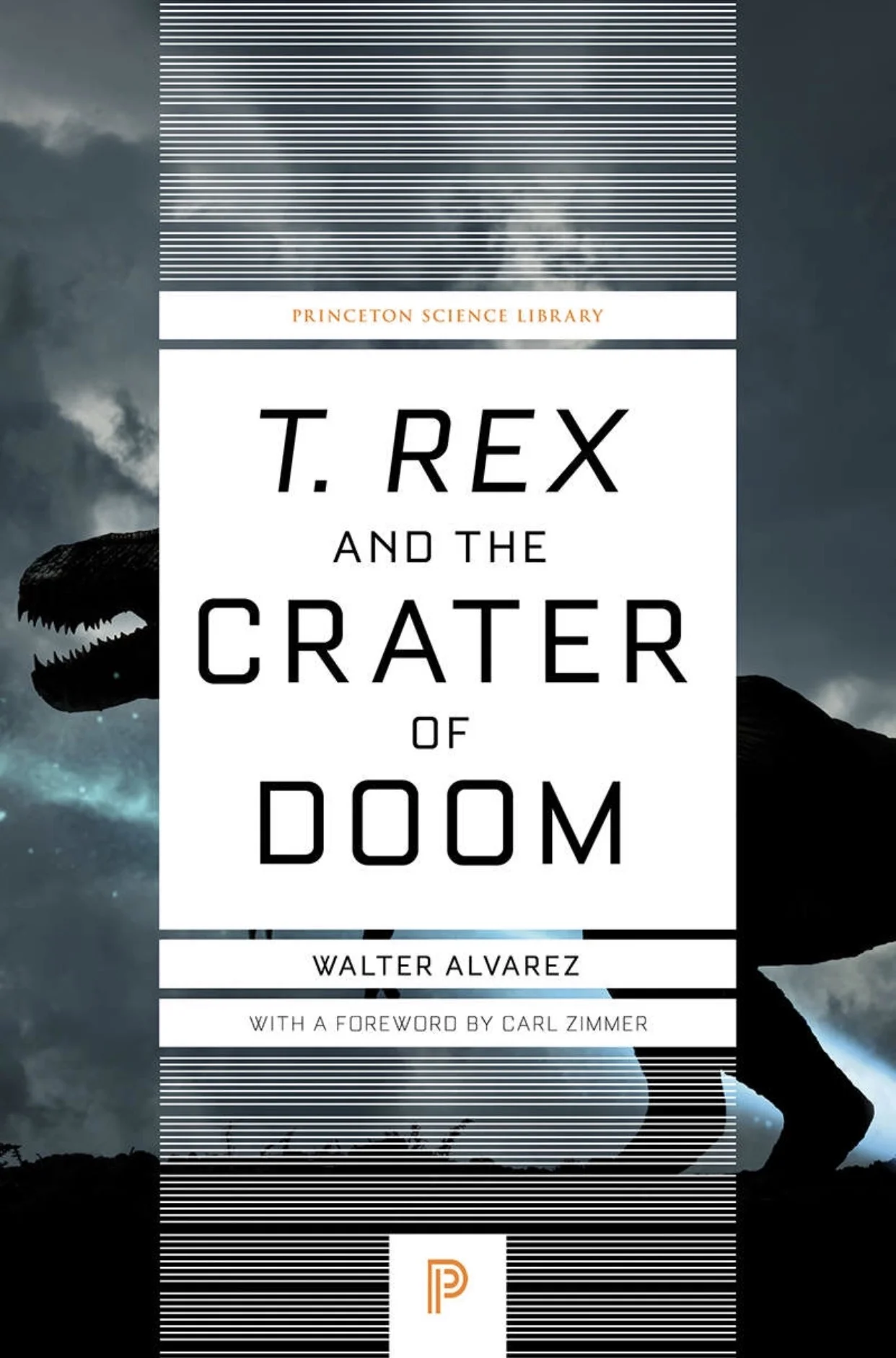Walter Alvarez wrote T. Rex and the Crater of Doom to tell the story of his and his team's search for geological evidence of the event that wiped out the dinosaurs.
Written at a popular level, it gave basic explanations of geological terms and ideas (much of which would have been over my head if written technically) so it could focus more on the story of what was framed as a search for truth.
While reading a secular science book, I anticipated a certain disdain for Christianity or perhaps a pervasive, mild dishonesty in the representation of evidence. All of these presuppositions were residual from years of hearing a caricature of the science community from the worldview-defending church.
Instead, I found three laudable things
1) A desire to find truth that was worth emulating
I was enamored by the intense desire to find the answers and recognized it as a shared quality I have with the author. Walter, and crew, spent decades searching, digging, hypothesizing, testing, retesting, failing, and finding in order to arrive at truth. That intense drive for answers inspires me as I invest in my own searching and study.
2) A willingness to point out assumptions
There were multiple times in the book where something was asserted and I thought, "I don't know if that is true" or more simply "I think that is taken on faith." Alvarez diligently flagged these portions by saying, "we assume." That is respectable and laudable. When we are talking about things we have not seen it is important to say that we are basing our progression of thought on things that we assume or believe have happened.
3) The humility to say, "we don't know"
At the end of the book, and the end of the search, Alvarez says, "No one yet understands how a deeply buried crater can control the pattern of springs far above it..." He also notes that, "Evolution had not provided impact resistance for the mammals either, but somehow they did survive. No one knows why..." But of these are key parts of the narrative he lays out and he risked dismantling his premise by including them.
While I may disagree with some of the premises Alvarez holds I can applaud his willingness to say that he is uncertain how key pieces of his story actually happen. It is a humility I ought to practice.
While geology is not the most interesting topic, I found the book interesting and I was pleased to dig up the previous nuggets. Have you read any science books lately? What did you find?
Alvarez, Walter (2013-06-25). "T. rex" and the Crater of Doom (Princeton Science Library). Princeton University Press. Kindle Edition.
